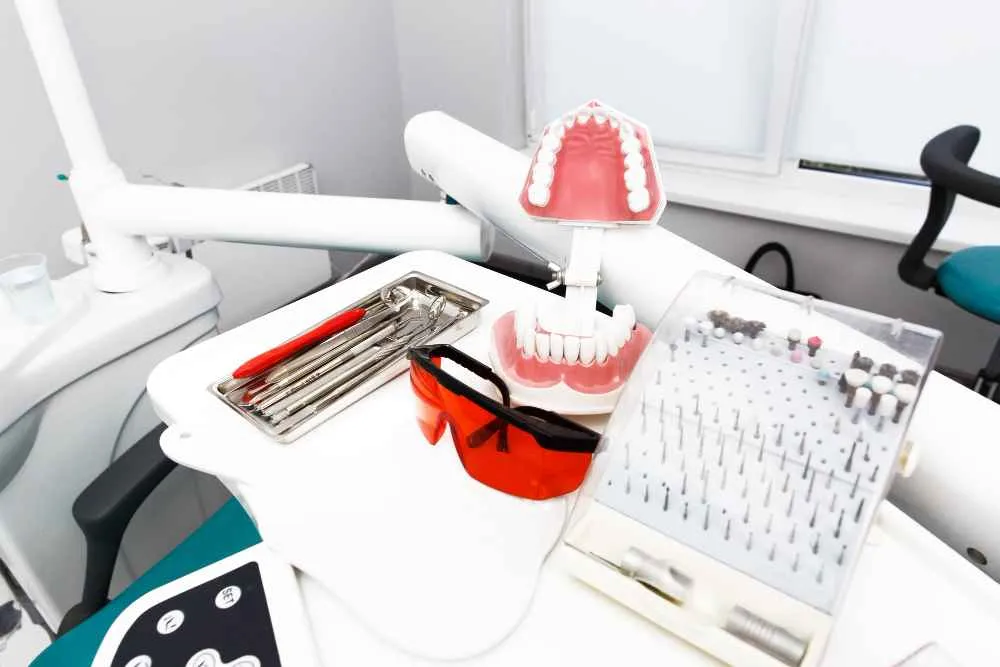High blood pressure has always been regarded as a disease of the heart or the blood vessels, however, newer studies have indicated that the gut could also be significant. The gut microbiome, the balance of microorganisms in the digestive system, is under close investigation because it is linked to numerous health conditions, such as hypertension. One of the unexpected yet valuable methods to achieve healthier blood pressure levels and well-being is to take care of gut health.
The gut microbiome consists of trillions of bacteria and other microbes that assist in food digestion, nutrient absorption and immune modulation. Disruption of this balance may trigger inflammation and other metabolic shifts that have the potential to cause high blood pressure. The realization of the dialogue between the gut and the cardiovascular systems creates alternative possibilities to treat hypertension by means of diet and lifestyle modifications favoring the idea of gut health.
The Importance Of Microbial Balance
In a healthy gut there are many different types of bacteria and many of them produce short-chain fatty acids as they digest fiber. These fatty acids have assistance in regulating inflammation in the body, enhancing blood vessel functioning, and possibly a direct role in blood pressure regulation. Once the gut ensures this microbial balance, the harmful bacteria can prevail especially when compared to the beneficial ones, this leads to systemic inflammation which with time elevates the blood pressure.
Recent research studies have indicated that individuals who have high blood pressure tend to possess a distinct intestinal microbiome as compared to individuals with normal levels. These people are also found to be less in good bacteria and more in the microbes that are related to ill health. With the proliferation of more healthy bacterial populations, people could not only digest their food better but also have better cardiovascular effects.
The Role Of Diet In Gut And Heart Health
Diet has a major effect on the composition of the gut microbiome of people. Higher fiber, fruit, vegetable, and fermented food intake is related to an increase in microbial diversity and lower probability of hypertension. They are foods that facilitate the formation of good fatty acids and anti-inflammatory effects which maintain good blood pressure levels.
Conversely, western diets rich in processed food, sugar, and saturated fats could cause an imbalance in the gut, which aggravates cardiovascular risk. Such kinds of diets tend to decrease the number of good bacteria and promote the development of bad ones. In the long term, the imbalance may play a role in rising blood pressure and an impaired capability of controlling it efficiently.
Supplements And Gut-Focused Strategies
Individuals who are seeking further methods to benefit both gut and heart health could consider some blood pressure supplements, which also feature ingredients that benefit the microbiome. They can include probiotics, fiber-based prebiotics or herb compounds that serve to feed healthy bacteria. Such supplements, when taken together with a balanced diet, are able to promote digestive as well as cardiovascular health.
Here, it is worthy to mention that not every blood pressure supplement is identical. Blood pressure support and digestive health The latter are often formulated to also support blood pressure and gut health. By selecting a product that has clinically studied ingredients and a reputation behind it of being a quality product, people can help to control their condition much better, when used in conjunction with positive diet and lifestyle choices.
Gut Health And The Immune System
A large part of controlling the immune system of the body is controlled by the gut. Once the gut barrier is damaged or is too permeable, which is known as the so-called leaky gut, harmful substances may pass into the bloodstream and provoke immune reactions. This low level inflammation may injure blood vessels and lead to increased blood pressure.
These inflammatory responses can be lessened through boosting the gut barrier and enhancing immune regulation. Foods containing probiotics, prebiotics and certain nuts can help maintain the integrity of the gut lining and improve the immune system to react more adequately. The strategies, in turn, are capable of enhancing blood pressure support and optimizing the functioning of the cardiovascular system.
The Potential Of A Whole-Body Approach
Instead of approaching blood pressure as an independent issue of the remainder of the body, lots of professionals are currently recommending a much more holistic approach. The understanding of the fact that the gut and the heart are linked together stimulates a more comprehensive approach towards the problem that targets many systems simultaneously. This can be exercise, stress management, change in diet and digestive wellness.
With a few simple changes addressing gut health as the core aspect of the blood pressure regulation, one can discover that they feel generally better. A properly functioning gut will result in improved digestion, less bloating, enhanced nutrient absorption, and improved energy. These gains frequently accompany enhanced blood pressure management, establishing a prospect of favorable health improvements.
Long-Term Outlook
The connection between gut health and blood pressure is an exciting prospect in the long-term well-being. Although medication and conventional interventions are still needed by most individuals, gut-centered approaches can be interpreted as providing significant supplementary benefit. By paying special attention to the diet, supplementation, and healthy behaviors, one can favorably affect both the digestive and cardiovascular systems.
With the rising number of studies on the gut-heart connection, an increasing number of individuals might start perceiving their health in a new expanded perspective. This entire-body view can empower people to take their health into their own hands in new and more efficient manners, utilizing the strength of gut health as a basis of sustainable blood pressure support.
लेखक






